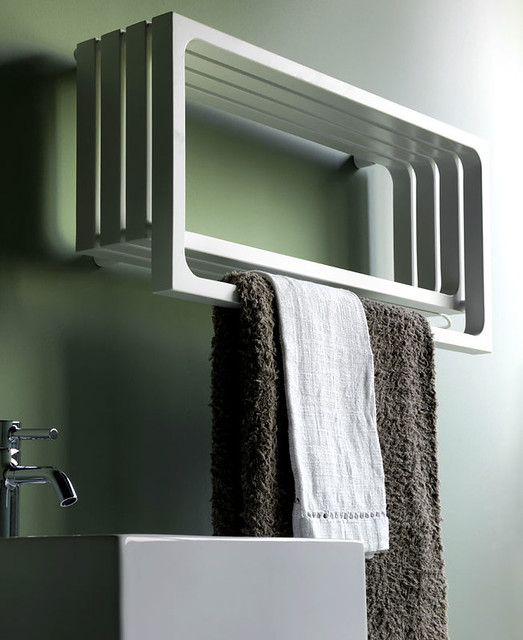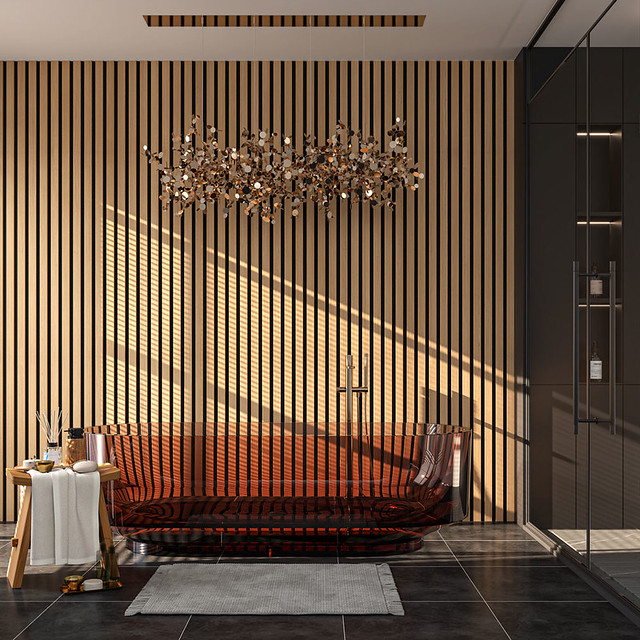Air Conditioning Supplier
Elevated temperatures worldwide are prompting increased use of air conditioning systems in both residential and commercial settings. That translates into higher demand for both new machines and parts.
With manufacturing slowed or even stopped by the Covid-19 pandemic, supplies have not kept pace with demand. That means your technicians face ongoing equipment shortages with customers that may cause frustration and anxiety.
Enclosure Air Conditioners
Enclosure air conditioners are designed to keep sensitive electrical components in panels, cabinets and enclosures cool and protected from heat loads and external ambient temperatures. These closed-loop enclosure cooling systems are engineered to be more reliable than standard AC units due to their superior design, specialized refrigerant gas and materials and other features.
Electrical enclosure air conditioners are ideal for industrial environments such as steel, metal-working, food processing and waste water treatment plants, petrochemical and power generation facilities, or pulp, cement, paper and plastics plants. These AC units are built to withstand the rigors of such harsh environments with features such as:
Unlike comfort cooling air conditioners, electrical enclosure AC’s use a closed-loop system which isolates the contents of the cabinet from the environment surrounding the unit. This is a critical feature for electrical enclosures since it prevents external contaminants from entering the cabinet.
The ability to prevent dust and contaminants from entering an electrical enclosure is electric fan especially important in a hazardous location as it will protect against explosions or fires which can occur when the equipment’s internal temperature begins to rise. The ability to automatically evaporate condensate will also ensure that it will not contaminate live electrical components inside the enclosure. When choosing an electrical enclosure AC, it is important to match the capacity of the unit to the heat load of the panel or enclosure. To avoid wasting money on an air conditioning unit that is too large, an online cooling capacity calculator can help to establish the correct enclosure AC sizing.
Ductless Air Conditioners
Ductless air conditioners, also known as ductless mini-split systems, are wall-mounted units that connect to an outdoor unit through a conduit tube. The tube houses the power cable, refrigerant tubing and condensation drain. A ductless system is capable of heating and cooling multiple rooms, each with its own thermostat. This type of system is a great solution for homes and businesses that cannot accommodate air ducts, or for new home additions such as sunrooms.
Ductless systems provide efficient heating and cooling without relying on ductwork, which can become dirty or clogged over time. They require less maintenance than traditional systems and can be installed in a fraction of the time. Invest in an ENERGY STAR qualified ductless system to save energy and money.
There are three different types of ductless systems, each with its own advantages. Wall-mounted ductless systems are the most common, requiring only a hole in the wall for installation. Ductless systems are also popular for retrofit add-ons to homes with non-ducted heating such as hydronic, radiant panels or wood/kerosene space heaters. They can also provide a cost-effective way to add heat and AC to garages, offices or sunrooms.
Commercial Air Conditioners
Commercial air conditioning systems are designed to handle larger spaces and will often be running for hours on end, especially in retail shops. As such, they need to be able to cool and remove a large amount of humidity quickly. The right system will ensure that customers and employees remain comfortable and safe. Sizing a commercial system is a complex task, and you will need to consider the size of the space and the average summer temperatures in your region.
A commercial HVAC system will usually come in three preferred types: packaged terminal air conditioners (PTAC), central AC, electric fan vendors and ductless split systems. PTAC is the type of unit you will have seen placed against the wall behind the window in hotel rooms. It uses a single-stage cooling process and is a great option for hotel rooms, as the guest can adjust their own temperature settings.
Ducted commercial air conditioners, on the other hand, are a great option for large office buildings and retail stores. They are typically installed on the roof or in a utility room and can be combined with commercial gas furnaces to provide heating.
If you are looking for a commercial HVAC contractor to install or repair your air conditioning system, look for one with a license and plenty of experience. You should also ask for references and referrals so that you can verify their reputation.
Residential Air Conditioners
Air conditioning is a necessity in most homes. It helps people to live comfortably and stay healthy, especially if they suffer from chronic headaches or arthritis. It also reduces symptoms of asthma, such as breathing difficulty. It also eliminates moisture and dampness, which can lead to mould. Air conditioners also improve indoor air quality by circulating and filtering the air, which removes dust mites, pollutants and allergens.
Residential air conditioners are usually fixed to an exterior wall or into a window. This makes them less prone to damage from intruders and is easy for residents to repair or service themselves. They can also be paired with smart controls for increased control over energy use and temperature settings.
A good residential air conditioning supplier can help you choose a system that matches the size of your home. You don’t want to buy a unit that is too small or too large for your space, because it will waste energy and cost you more than necessary. You will also need to consider the SEER rating, which measures how efficient an air conditioning unit is over the cooling season.
Make sure that you get regular service for your air conditioning. This is essential to maintain its efficiency, reduce energy bills and prevent breakdowns. You should also make sure that your air conditioner isn’t blocking any fire escapes or windows, because this can be a safety hazard.


